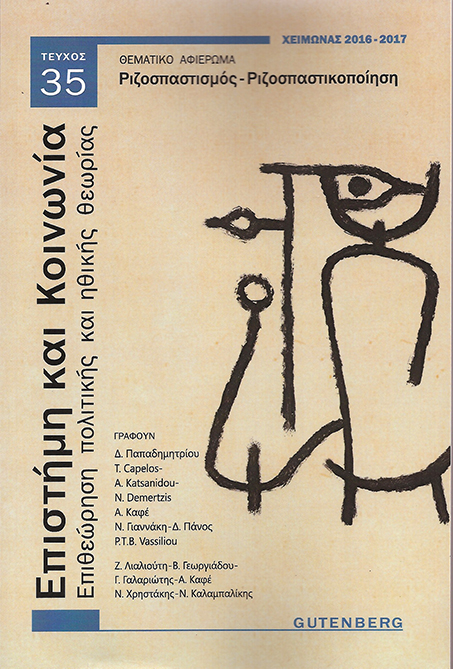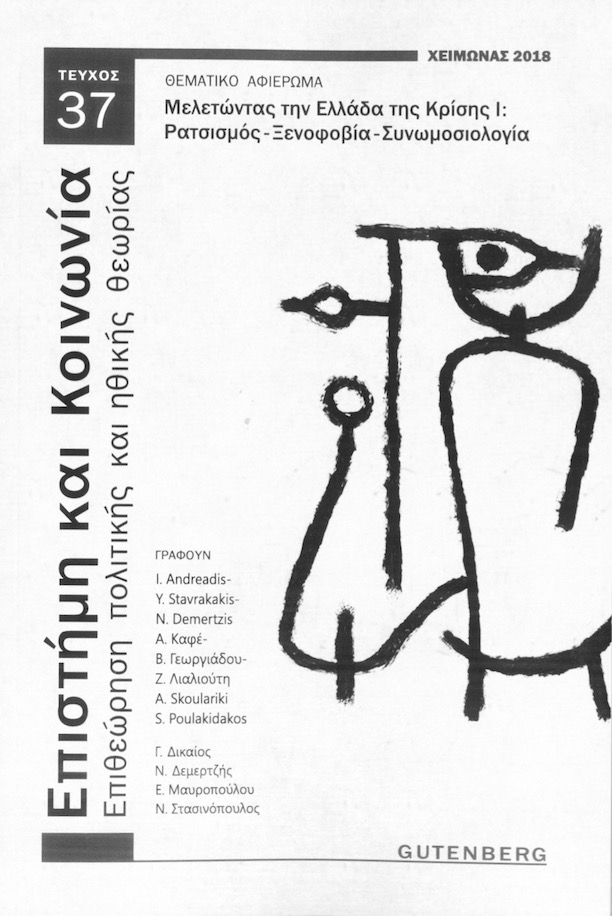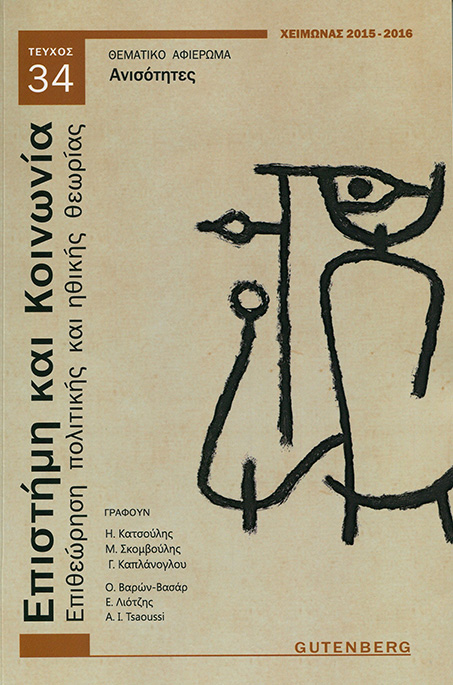The electoral sociology of the radical right-wing vote
Abstract
The article analyses the sociology of the radical right-wing vote: which social- demographic and occupational groups vote for the radical and populist right-wing parties and how they shape their party preference. It also considers the preconditions for the expression of a ‘negative vote’ in favor of the radical right-wing parties. We argue that voters with organizational bonds and ideological identifications with antechamber-groups of the left (trade unions) or social-cultural milieus of the right (churches) are less vulnerable to the electoral appeal of the radical right.
A main feature of the radical right, in the postwar era, is its ‘catchall’ performance: radical right-wing parties are apt to collect votes both from the right and the left. This is the result of a kind of authentic populism expressed by the radical right-wing parties. The radical right accommodates and melts together heterogeneous ideological and political perceptions. This ‘complex alchemy’ of the radical right constitutes a ‘trap’ for the mainstream parties: by imitating its political discourse and adopting its policies, mainstream parties ease the way for the radical right-wing parties to penetrate electoral groups which have lost their party identification, both in the traditional right and the left, and to impose the issues of the radical right to the public debate.
Article Details
- How to Cite
-
Γεωργιάδου Β. (2015). The electoral sociology of the radical right-wing vote. Science and Society: Journal of Political and Moral Theory, 12, 173–212. https://doi.org/10.12681/sas.771
- Section
- Articles

This work is licensed under a Creative Commons Attribution-NonCommercial-ShareAlike 4.0 International License.
Authors who publish with this journal agree to the following terms:- Authors retain copyright and grant the journal right of first publication with the work simultaneously licensed under a Creative Commons Attribution-NonCommercial-ShareAlike License that allows others to share the work, not for commercial purposes, with an acknowledgement of the work's authorship and initial publication in this journal. If you remix, transform, or build upon the material, you must distribute your contributions under the same license as the original.
- Authors are able to enter into separate, additional contractual arrangements for the non-exclusive distribution of the journal's published version of the work (e.g., post it to an institutional repository or publish it in a book), with an acknowledgement of its initial publication in this journal.
- Authors are permitted and encouraged to post their work online (e.g., in institutional repositories or on their website) prior to and during the submission process, as it can lead to productive exchanges, as well as earlier and greater citation of published work (See The Effect of Open Access).












